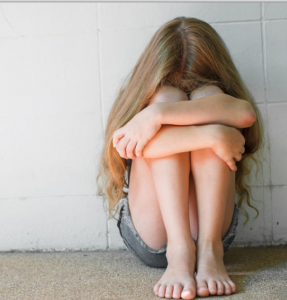 There are many forms of childhood abuse, including overt physical abuse, indifference, humiliation, neglect, denigration…
There are many forms of childhood abuse, including overt physical abuse, indifference, humiliation, neglect, denigration…
Certainly, all take a toll upon the developing child. And now, new research finds that early abuse takes a continuing, lasting toll on physical and mental health as those children grow into adults. The effects permeate one’s entire mind-body system.
As Faulkner wrote, “The past is never dead. It’s not even past.”
The UCLA study, published in the Proceedings of the National Academy of Sciences, examined the effects of abuse and lack of parental affection across the body’s entire regulatory system. It found strong links between negative early life experiences and health, across the board. According to the researchers, the findings also suggest that a loving parental figure may provide protection: “It is well recognized that providing children in adverse circumstances with a nurturing relationship is beneficial for their overall wellbeing. Our findings suggest that a loving relationship may also prevent the rise in biomarkers indicative of disease risk across numerous physiological systems.”
In a summary of the research published in Science News, Judith E. Carroll, a research scientist at the Cousins Center for Psychoneuroimmunology at UCLA and the study’s lead author, stated, “If the child has love from parental figures they may be more protected from the impact of abuse on adult biological risk for health problems than those who don’t have that loving adult in their life.” That is, the researchers found a significant link between childhood abuse and multisystem health risks in adulthood. But those who reported higher amounts of parental warmth and affection in their childhood had lower multisystem health risks. The researchers also found a significant interaction of abuse and warmth, so that individuals reporting low levels of love and affection and high levels of abuse in childhood had the highest multisystem risk in adulthood. Their findings suggest that parental warmth and affection protect one against the harmful effects of toxic childhood stress.
A description of how the study was conducted and its data are found in the this research abstract.
